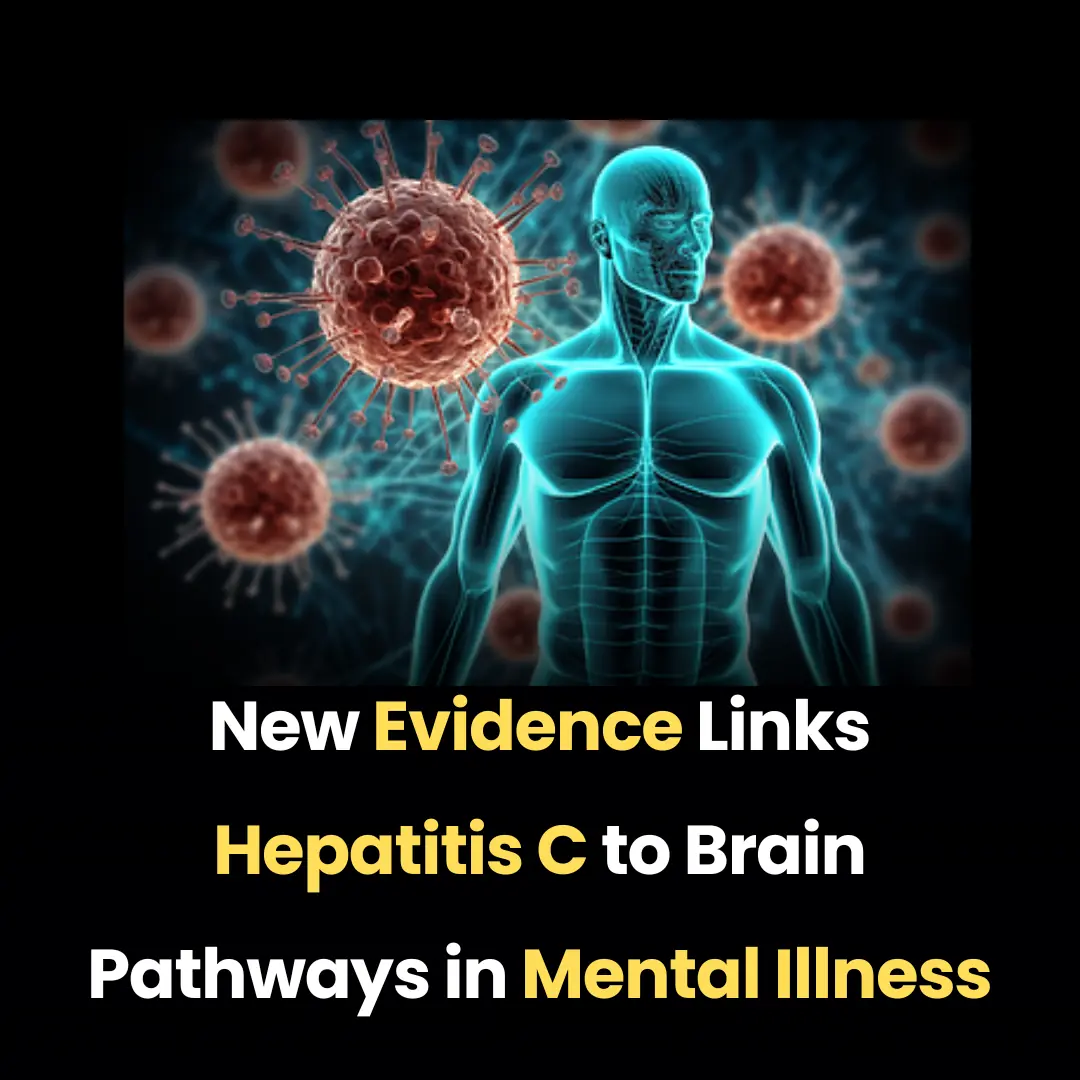
Can Eggs Protect Your Mind? Emerging Evidence Suggests a Cognitive Benefit
A growing body of research is shedding new light on the connection between diet and long-term cognitive health, and a recent study has brought particular attention to one familiar food: eggs. According to findings from the Rush Memory and Aging Project, adults who consumed more than one egg per week demonstrated a 47% lower risk of developing Alzheimer’s disease compared to those who ate eggs less frequently. While the study is observational and does not prove direct causation, the results highlight the potential neurological benefits of nutrient-rich foods—especially those containing choline and other brain-supportive compounds.
Eggs are widely recognized as one of the best dietary sources of choline, an essential nutrient that plays a crucial role in memory formation and communication between nerve cells. Research published in journals such as American Journal of Clinical Nutrition has shown that higher choline intake is associated with better cognitive performance and reduced markers of neurodegeneration. Choline is needed to produce acetylcholine, a neurotransmitter vital for learning, attention, and healthy brain signaling—systems that are significantly impaired in Alzheimer’s disease.
In addition to choline, eggs contain lutein, a carotenoid better known for its role in eye health but increasingly studied for its influence on the brain. Studies in Nutrients and Frontiers in Aging Neuroscience suggest that lutein accumulates in neural tissue and may help protect against oxidative stress, inflammation, and age-related cognitive decline. Eggs also offer high-quality protein, vitamins B6 and B12, selenium, and healthy fats—all key players in maintaining neuronal integrity and supporting metabolic processes linked to brain resilience.
The suggestion that a simple dietary habit—such as including eggs in weekly meals—could contribute to long-term cognitive protection adds to a growing understanding that nutrition can meaningfully influence brain aging. The study’s authors emphasize that while eggs alone are not a magic shield against Alzheimer’s, they appear to be part of a dietary pattern associated with stronger cognitive outcomes. This aligns with broader research on the MIND diet developed at Rush University, which combines aspects of the Mediterranean and DASH diets and has been shown to significantly reduce dementia risk.
Still, experts note that lifestyle factors must be considered holistically. Complementing egg consumption with a balanced diet rich in leafy greens, berries, whole grains, and omega-3 fatty acids can further enhance neurological benefits. Regular physical activity, cognitive engagement, adequate sleep, and management of cardiovascular risk factors all contribute to protecting the brain from age-related decline. Publications in The Lancet Neurology continue to emphasize that dementia prevention is multifactorial, with diet being a powerful—but not solitary—component.
For individuals seeking accessible ways to support memory and overall cognitive function, this new research offers encouraging guidance. Eggs are affordable, versatile, and easy to incorporate into daily meals, making them a practical choice for those aiming to strengthen their long-term neurological health. While further clinical studies are needed to fully understand the mechanisms involved, the emerging evidence suggests that the nutrients within eggs may help support the brain’s structure, improve communication between neurons, and potentially lower the risk of degenerative conditions such as Alzheimer’s disease.
This study reinforces a hopeful message: small, consistent dietary decisions can have meaningful effects over time. Pairing nutrient-dense foods like eggs with healthy lifestyle habits may be one of the simplest and most enjoyable ways to build long-lasting cognitive resilience.
News in the same category


Goodbye Synthetic Dyes: Doritos Join the Push for Cleaner, Transparent Ingredients

Breakthrough Research Suggests Kidney Damage May Be Reversible After All

How Intermittent Fasting Protects the Heart: New Evidence on Blood Clots and Cardiovascular Health

New Evidence Links Hepatitis C to Brain Pathways in Mental Illness

If You See a Woman Wearing a Wedding Ring On Her Pinky, Here's What It Means

Reinventing Renewable Energy: Germany Launches Compact Turbine for Off-Grid Power

Rethinking Depression: New Brain-Imaging Research Reveals It’s More Than a Chemical Imbalance

Seventeen Years Lost: How a Look-Alike Helped Free an Innocent Man

You Must Live Without One Modern Comfort — Your Choice Reveals Who You Really Are

Why do foreigners use electric kettles so little even though they are very convenient?

How Poor Sitting Posture Impacts Your Spine, Muscles, and Overall Health

Understanding the Long-Term Consequences of Poor Sitting Posture

A Complete Guide to Common Cable Types and How They Keep Devices Connected

Egg Freshness Explained: What Sinking, Tilting, and Floating Really Mean

A Sleeping Giant Stirs: Taftan Volcano Experiences Uplift Driven by Shallow Gas Pressure

The Healing Power of Touch: How Hugs Support Emotional Balance and Immune Health

Why Sleeping in Socks Might Be the Secret to Better Sleep

Think Bottled Water Is Safer Think Again
News Post

Injectable Gel Breakthrough Brings New Hope for Nerve Regeneration

Why Boiled Eggs Deserve a Spot on Your Breakfast Table

Goodbye Synthetic Dyes: Doritos Join the Push for Cleaner, Transparent Ingredients

Breakthrough Research Suggests Kidney Damage May Be Reversible After All

How Intermittent Fasting Protects the Heart: New Evidence on Blood Clots and Cardiovascular Health

New Evidence Links Hepatitis C to Brain Pathways in Mental Illness

ITV breaks silence as Celebrity Big Brother is ‘axed from ITV schedule’

Peter Andre teases ‘special’ project with wife Emily: ‘We are having exciting meetings’

🚫 When to Avoid Ginger — 6 Medical Conditions That May Be Affected

What Happens to Your Body When You Eat Canned Tuna Every Day

I’m A Celebrity star Kelly Brook’s husband reveals when he’s flying out to Australia

Kris Jenner shows support for Meghan Markle weeks after Kardashians photo scandal

Inside Angry Ginge’s ‘bromance’ with Angry Ginge – how they met; ‘going to war’ over diss track; huge ‘risk’ that ‘paid off’

Ant McPartlin’s tattoos explained – tribute to wife Anne-Marie; uproar over ‘missing’ family member; nod to his recovery

Emmerdale disaster incoming: Bear’s fate ‘sealed’ as Joshua Richards makes devastating admission

How Do Farmers Grow Avocado Trees

Robron plot Kev’s downfall – but Emmerdale fans declare they ‘love him’

If You See a Woman Wearing a Wedding Ring On Her Pinky, Here's What It Means

2-Minute Painless Hair Removal: Natural At-Home Solution
